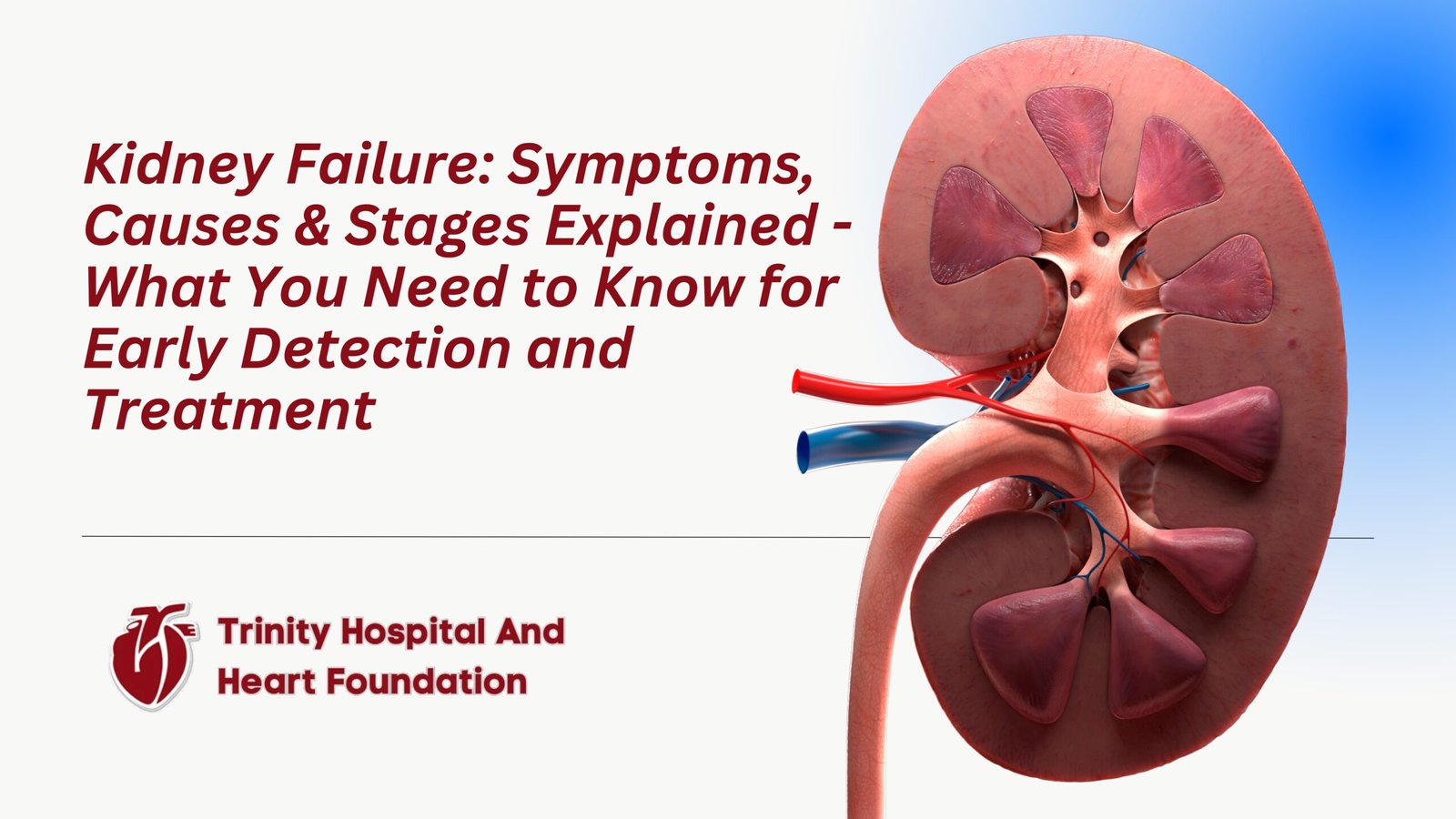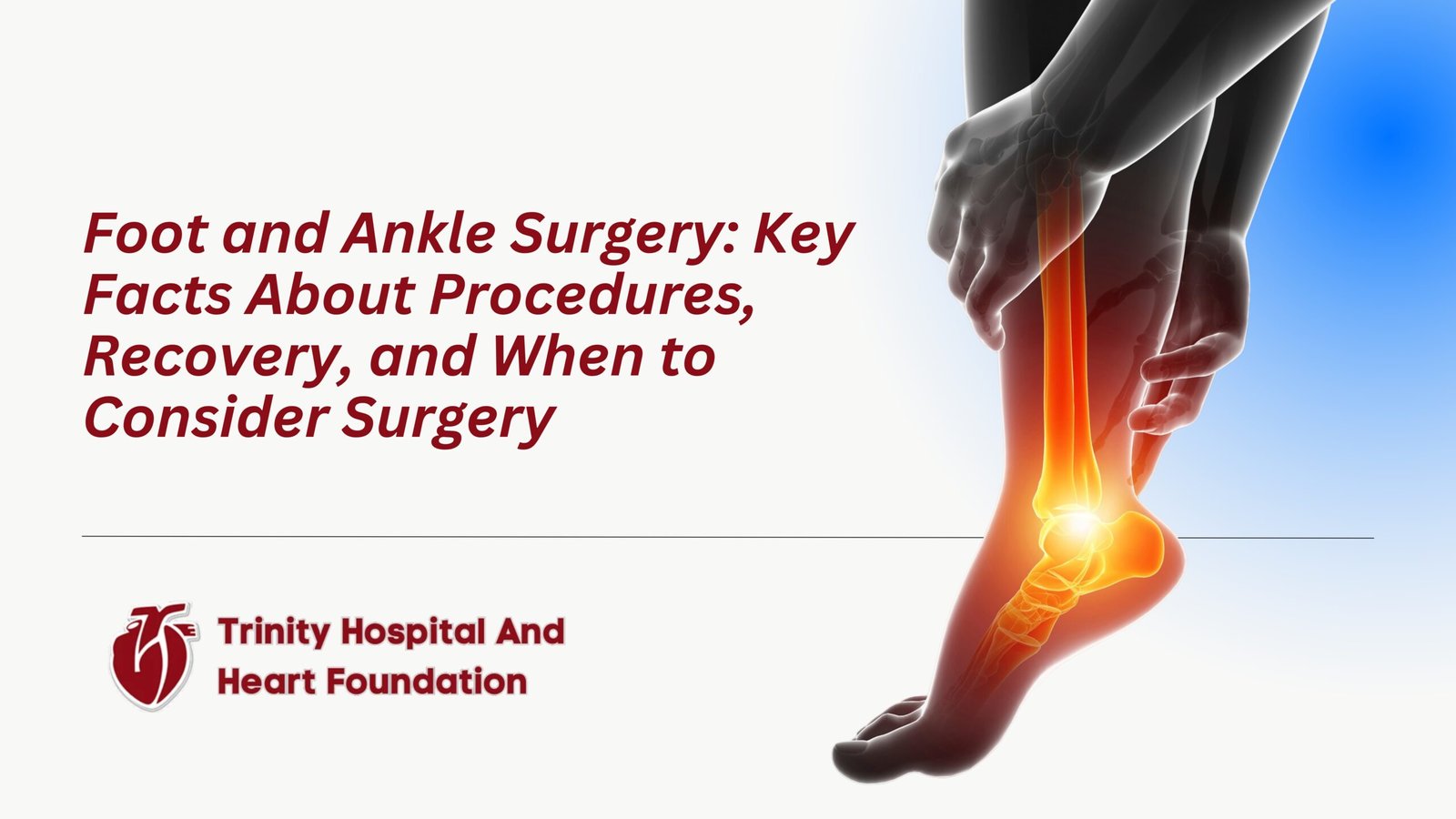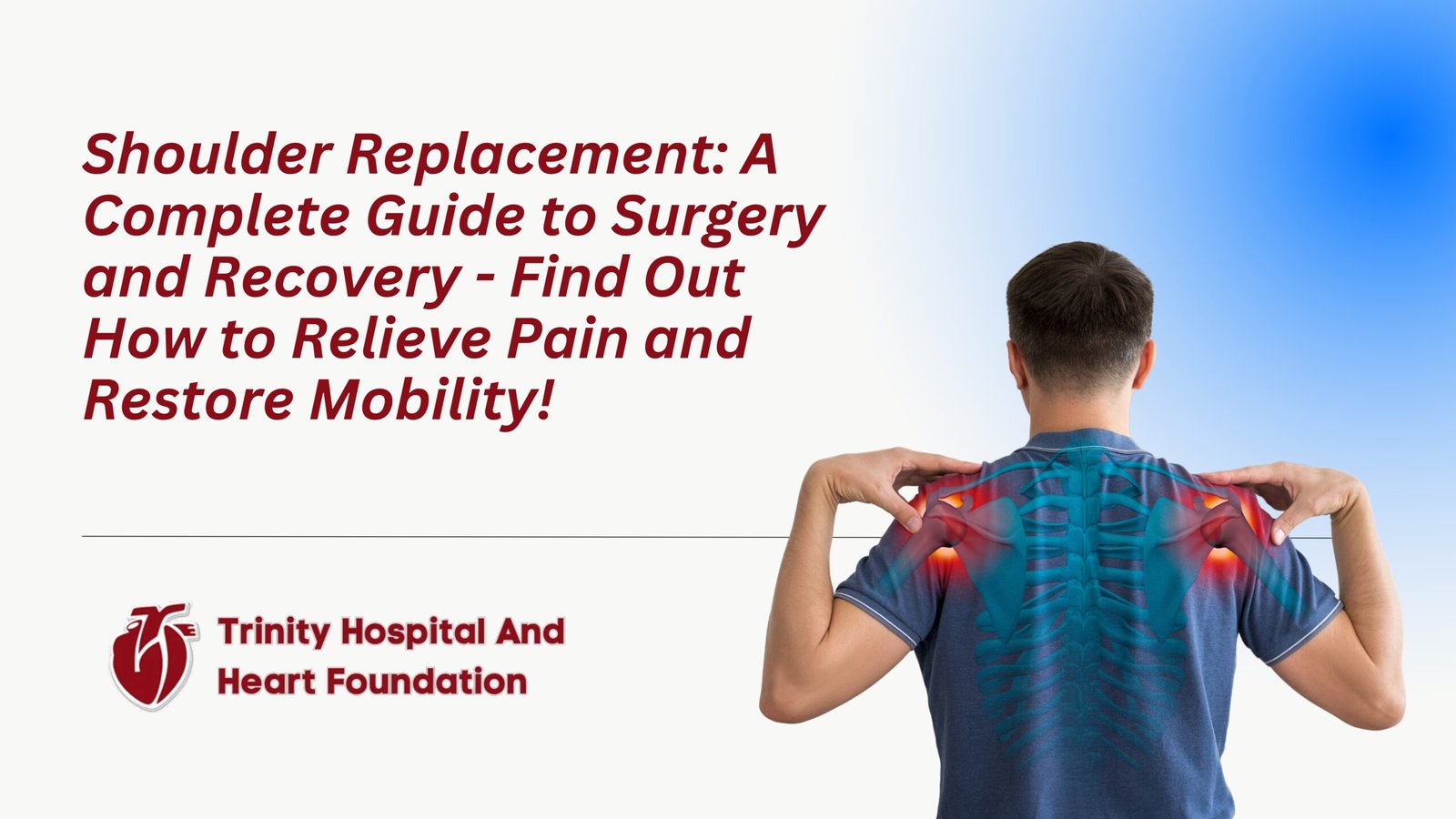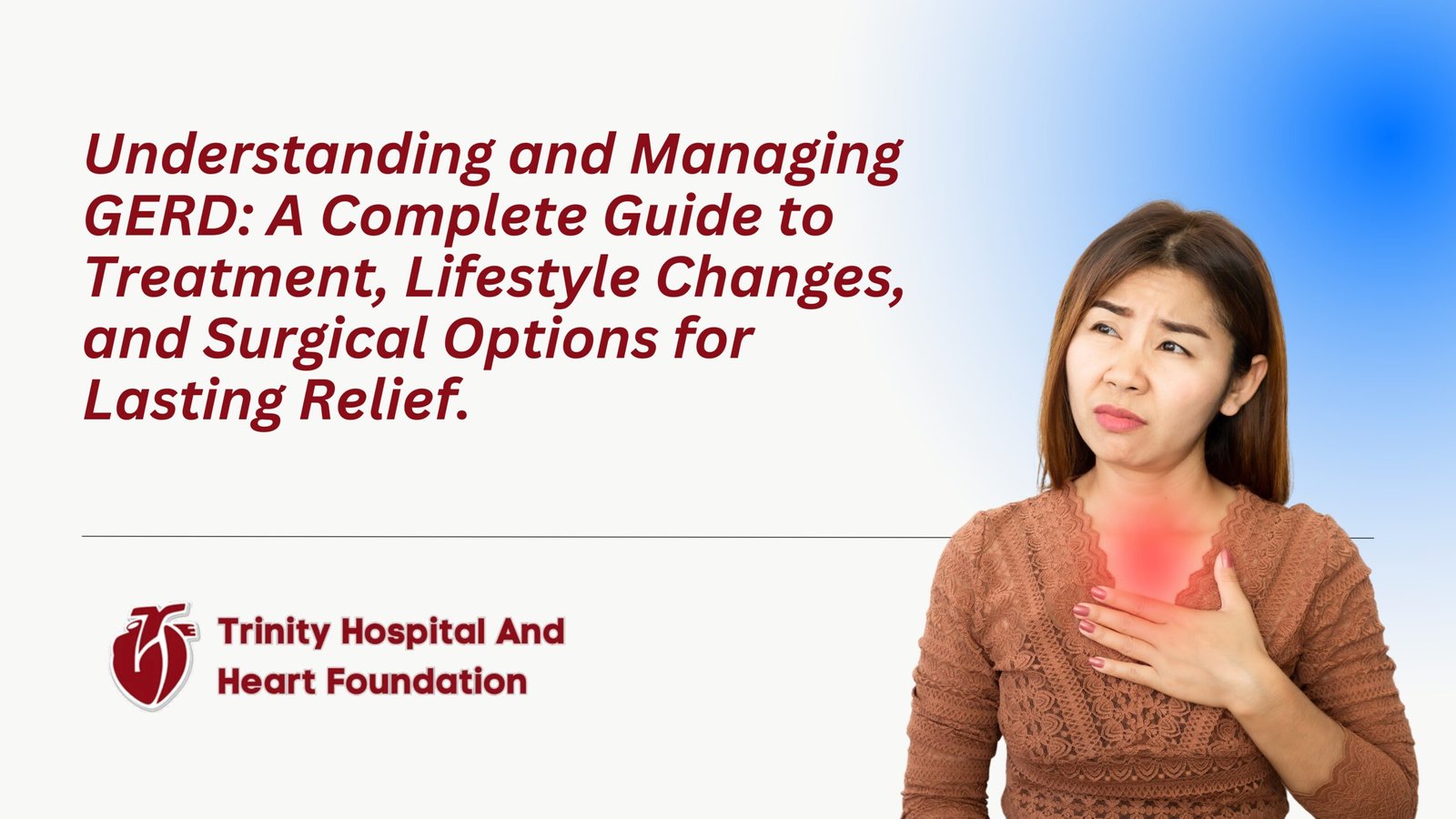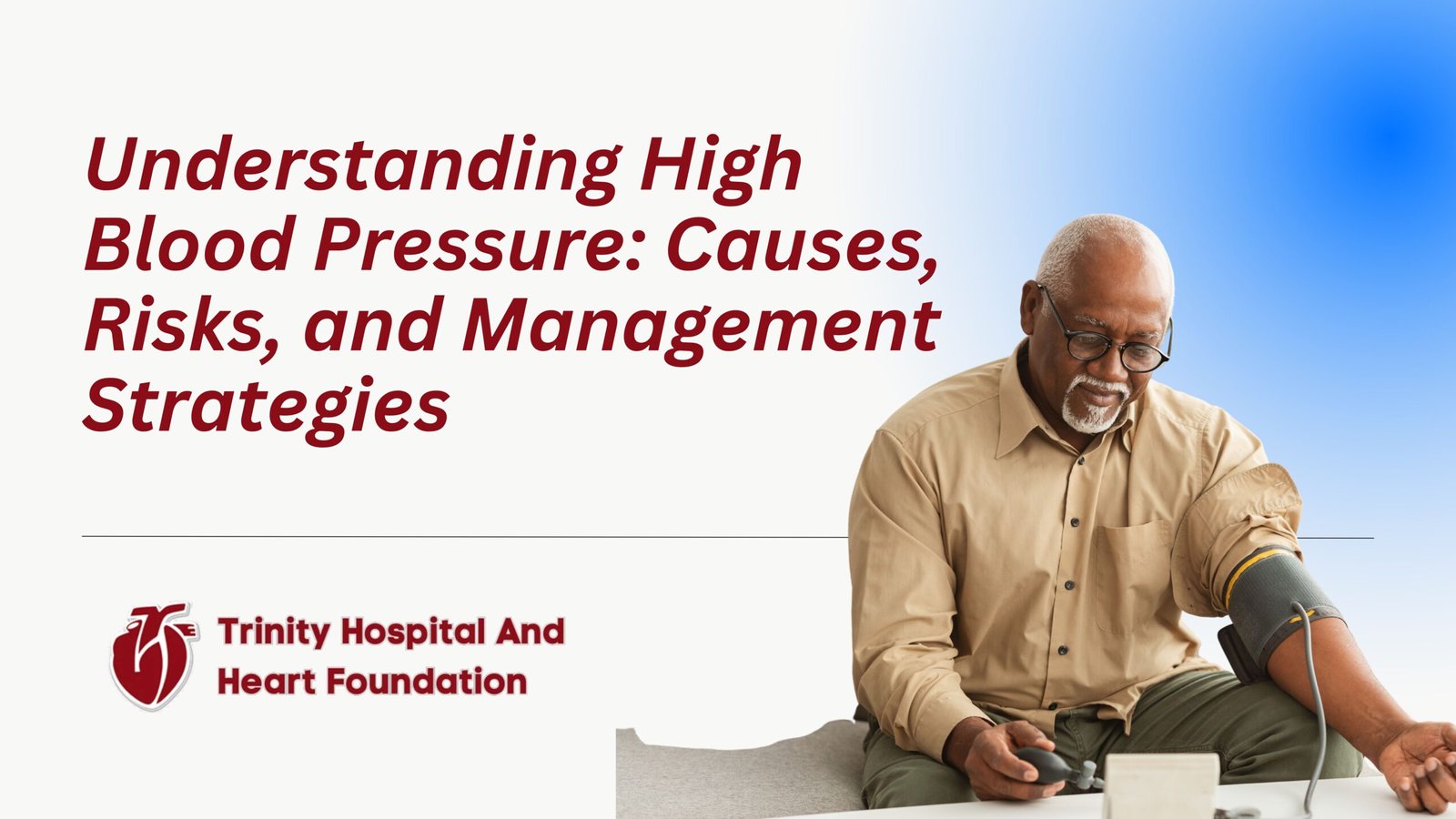Kidney (or renal) failure is a serious condition where the kidneys lose their ability to effectively filter waste and excess fluids from the blood, leading to an accumulation of harmful toxins in the body. Kidney failure can be acute (sudden)…
Foot and ankle surgery encompasses a range of procedures designed to treat various conditions affecting the bones, joints, ligaments, and tendons in the foot and ankle. These surgeries are often recommended when conservative treatments like physical therapy, medications, or orthotics…
Shoulder replacement surgery, or shoulder arthroplasty, is a procedure designed to relieve pain and improve mobility in patients suffering from severe shoulder joint issues. These issues typically arise from conditions such as osteoarthritis, rheumatoid arthritis, rotator cuff injuries, or traumatic…
Gastroesophageal Reflux Disease (GERD) is a chronic condition where stomach acid frequently flows back into the esophagus, leading to symptoms such as heartburn, regurgitation, and difficulty swallowing. The condition occurs due to the weakening of the lower esophageal sphincter (LES),…
Common Causes and Symptoms Atrial fibrillation (AFib) is an irregular and often rapid heart rate that can increase the risk of stroke, heart failure, and other heart-related complications. AFib occurs when the heart’s upper chambers (the atria) beat chaotically and…
Common Causes and Symptoms Heart disease is a major health issue that can be influenced by various lifestyle factors, including physical inactivity. Regular exercise plays a crucial role in preventing heart disease by improving cardiovascular health and overall fitness. Benefits…
Common Causes and Symptoms Cholesterol is a waxy substance found in the blood that is necessary for building cells and producing certain hormones. However, too much cholesterol can lead to atherosclerosis, where arteries become clogged with fatty deposits, increasing the…
Common Causes and Symptoms High blood pressure, or hypertension, is often referred to as the “silent killer” because it typically has no symptoms until significant damage is done. Hypertension occurs when the force of the blood against the artery walls…



